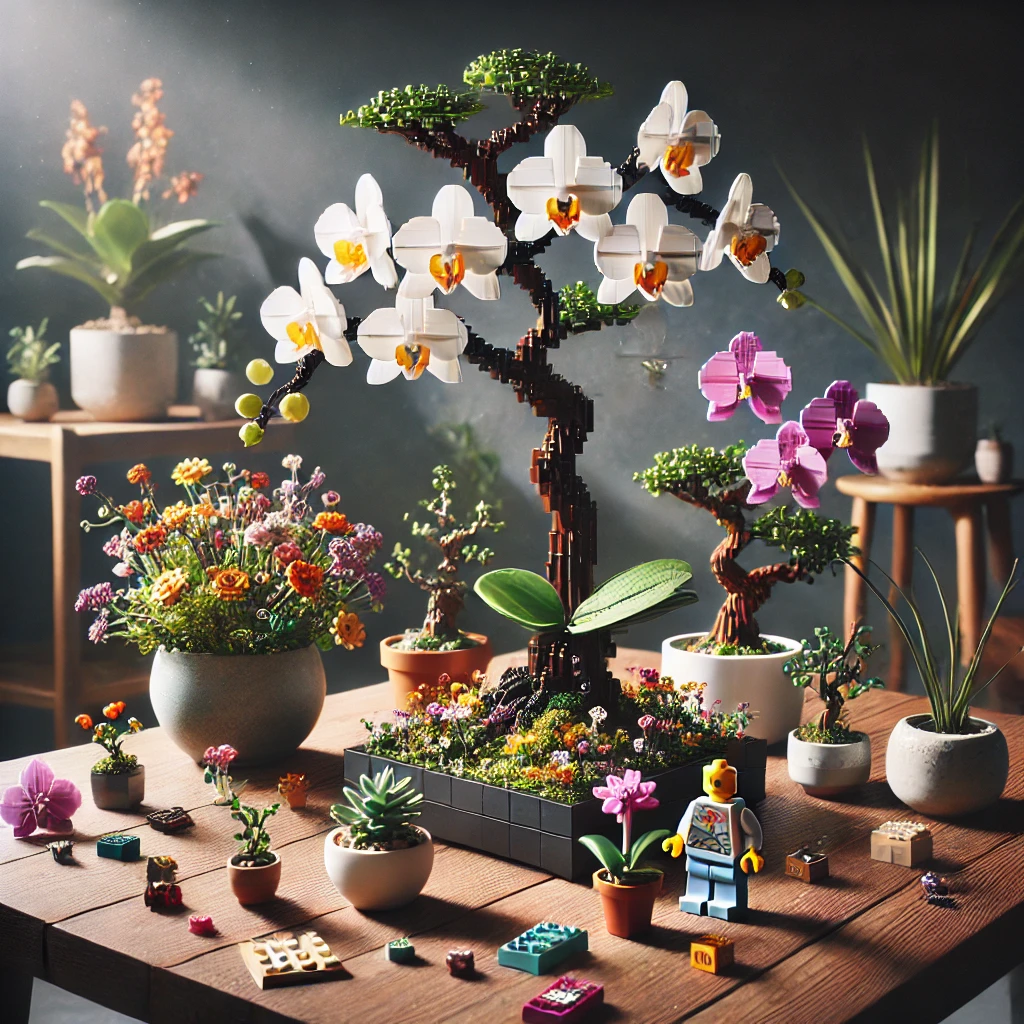Flávia P.
6 months ago
What Are Dungeons & Dragons — And Why Are They So Popular?
What Are Dungeons & Dragons?
Dungeons & Dragons (D&D) is a tabletop role-playing game (RPG) that has captivated millions of players since its inception in the 1970s. Players create characters and embark on imaginative adventures in a fantasy world, guided by a Dungeon Master (DM) who narrates the story and controls the game environment. The game is known for its rich lore, complex character development, and the freedom it offers players to shape their own narratives. This unique blend of storytelling, strategy, and social interaction has made D&D a cornerstone of geek culture.
The Mechanics of Dungeons & Dragons
At its core, Dungeons & Dragons utilizes a set of rules and dice to determine the outcomes of players’ actions. Players roll dice to resolve combat, skill checks, and other challenges, introducing an element of chance that keeps the game exciting and unpredictable. The game’s mechanics encourage teamwork, as players must collaborate to overcome obstacles and defeat adversaries. This cooperative gameplay fosters strong bonds among players, making D&D not just a game, but a shared experience that can last for years.
The Role of the Dungeon Master
The Dungeon Master plays a crucial role in Dungeons & Dragons, acting as the storyteller and referee. The DM creates the world, designs quests, and controls non-player characters (NPCs) that players interact with. This role requires creativity, improvisation, and a deep understanding of the game’s rules. A skilled DM can elevate the gaming experience, crafting immersive narratives that engage players and encourage them to invest emotionally in their characters and the story.
The Appeal of Character Creation
One of the most appealing aspects of Dungeons & Dragons is the character creation process. Players can choose from a variety of races, classes, and backgrounds, allowing them to craft unique characters that reflect their personalities and play styles. This customization fosters a sense of ownership and investment in the game, as players become attached to their characters and their journeys. The depth of character development available in D&D is unmatched, providing players with countless opportunities for growth and exploration.
The Social Aspect of Dungeons & Dragons
Dungeons & Dragons is inherently a social game, often played in groups of friends or family. The collaborative nature of the game encourages communication, teamwork, and problem-solving. Players gather around a table, share snacks, and engage in lively discussions about their characters and the unfolding story. This social interaction is a significant draw for many players, as it creates a sense of community and belonging that extends beyond the game itself.
Dungeons & Dragons in Popular Culture
The popularity of Dungeons & Dragons has surged in recent years, thanks in part to its portrayal in popular culture. Television shows like “Stranger Things” and web series such as “Critical Role” have introduced new audiences to the game, showcasing the creativity and camaraderie that D&D fosters. This resurgence has led to a growing acceptance of tabletop gaming as a mainstream hobby, attracting players from diverse backgrounds and interests.
The Evolution of Dungeons & Dragons
Since its original release, Dungeons & Dragons has undergone several editions and revisions, each introducing new rules and mechanics to enhance gameplay. The current edition, known as 5th Edition, has streamlined many aspects of the game while retaining the core elements that fans love. This evolution reflects the changing preferences of players and the desire for a more accessible and engaging gaming experience, ensuring that D&D remains relevant in a rapidly evolving entertainment landscape.
Why Are Dungeons & Dragons So Popular?
The enduring popularity of Dungeons & Dragons can be attributed to its unique combination of storytelling, strategy, and social interaction. Players are drawn to the freedom of choice, the depth of character development, and the opportunity to create lasting memories with friends. The game’s ability to adapt and evolve with its audience has also played a significant role in its resurgence, as new players discover the joy of tabletop role-playing. As a result, D&D continues to thrive, captivating new generations of gamers.
The Future of Dungeons & Dragons
As Dungeons & Dragons continues to grow in popularity, its future looks bright. The rise of online platforms and virtual tabletop tools has made it easier than ever for players to connect and play together, regardless of geographical barriers. Additionally, the game is expanding into new media, with video games, novels, and even films based on its rich lore. This diversification ensures that D&D will remain a vital part of geek culture for years to come, inviting new players to embark on their own epic adventures.





